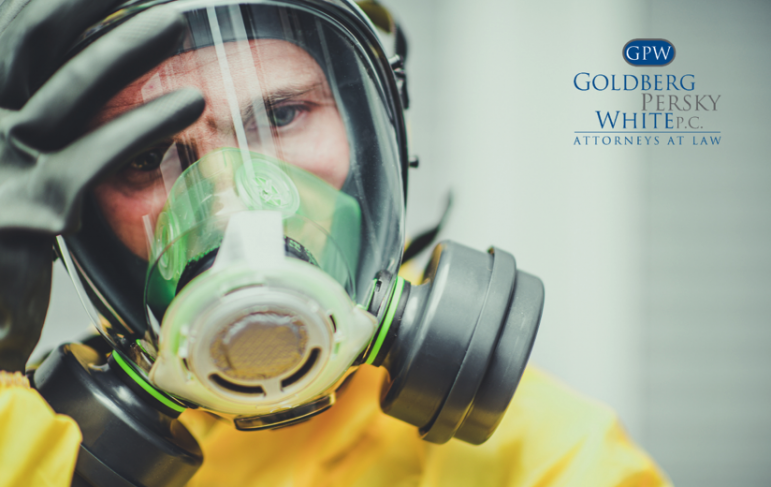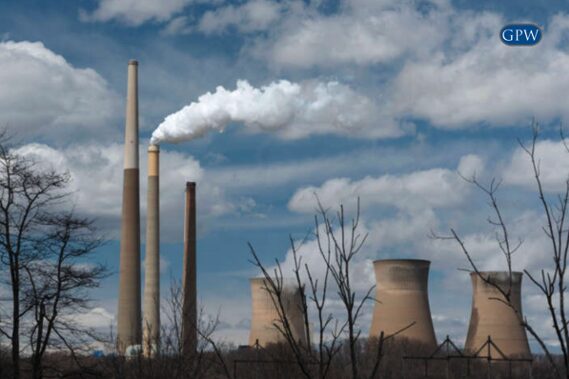The EPA Banned Methylene Chloride
The Environmental Protection Agency announced Tuesday a ban on most uses of methylene chloride. It is a toxic solvent used in paint stripping. It is linked to at least 88 accidental deaths since 1980. This final ruling strengthens the crackdown the Biden Administration is doing on different chemicals known to cause serious health effects, even though they are helpful in everyday life. All consumer uses and most industrial and commercial uses of methylene chloride will be restricted except for the military and makers of climate friendly coolants and electric vehicle components. Different uses for methylene chloride include refinishing bathtubs and furniture, making pharmaceuticals, and making refrigerants. Short term exposure can cause dizziness, headaches, and damage to the central nervous system while long term exposure can lead to different cancers of the brain, breast, liver, and lungs.
The EPA has started to regulate multiple toxic chemicals. It is forcing polluters to clean up two of the most pervasive “forever chemicals” and has designated them as hazardous substances under the nation’s Superfund law. Emissions of ethylene oxide, a cancer-causing gas, were also limited from 200 chemical plants across the country. Even with scientific evidence pointing to the dangers of different toxic chemicals, the EPA has historically been bad at banning toxic chemicals due to industry opposition, funding shortfalls, and other bureaucratic delays. It finally banned the only form of asbestos still in use in March, 90 years after researchers found a link between the substance and cancer, and nearly eight years after Congress overhauled the main chemical safety law in the U.S. The Biden Administration is looking to boost the EPA’s staffing and reinvigorate the chemicals office.
The rule released Tuesday requires companies to phase out manufacturing, processing, and distribution of methylene chloride. Consumer use of the chemical will be phased out within a year and most industrial and commercial uses will be banned within two years. The government will also be creating a program to protect workers from exposure to methylene chloride, especially people who perform bathtub refinishing or other paint stripping. There will be strict monitoring requirements, exposure limits, and worker training. The industry group Halogenated Solvents Industry Alliance argues that hundreds of thousands of workers in dozens of different applications used the substance for decades, with no evidence of liver toxicity or increased cancer risk.
There are different exemptions for uses of methylene chloride including applications that are important to the economy, national security, and the fight against climate change. Both climate-friendly coolants and battery separators for electric vehicles will be allowed. One attorney believes that the EPA struck the right balance with the exemptions.
The rule still allows more than 50 percent of current methylene chloride production use to continue. The ban does not apply to methylene chloride added to foods like decaffeinated coffee and different spice extracts. The reason is that the Food and Drug Administration regulates these uses, not the EPA. An FDA spokesman said that the agency is reviewing petitions for rescinding methylene chloride and three other chemicals added to foods.
Were you exposed to a toxic substance? Contact us today to see if you could be entitled to compensation. Call 412-471-3980 or fill out our contact form to speak to a member of our team to review your case.




